These free materials are designed to empower pupils and students to think critically, behave safely, and participate responsibly in our digital world. Find the lessons that are just right for your classroom.
Useful Resources for Adults who work with Young People
These are Katy Pott's and Penny Paterson's presentation slides from the Radicalisation & Extremism Event that took place 23rd November.
This report examines children’s media literacy. It provides detailed evidence on media use, attitudes and understanding among children and young people aged 5-15, as well as
detailed information about the media access and use of young children aged 3-4.
The report also includes findings relating to parents’ views about their children’s media use, and the ways that parents seek – or decide not – to monitor or limit use of different types of media.
Anti-Bullying Week is taking place from 16 – 20 November with the theme ‘Make a noise about bullying’.
The week provides an opportunity for teachers to educate young people about cyberbullying.
Access the resources here
The consequences of over-sharing on social networking sites can sometimes land you in hot water, and in serious cases can even lead to you being in trouble with the police.
So ask yourself, 'Should I have tweeted that?'
Here are a few examples of things you should try to avoid tweeting...
Read more
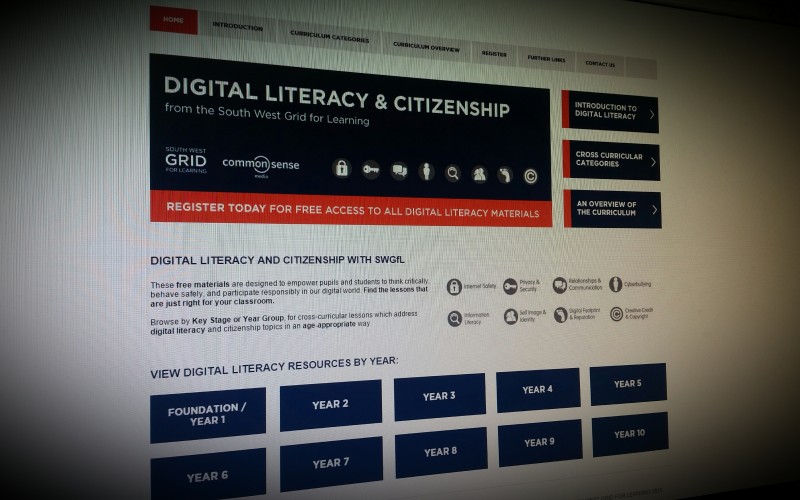
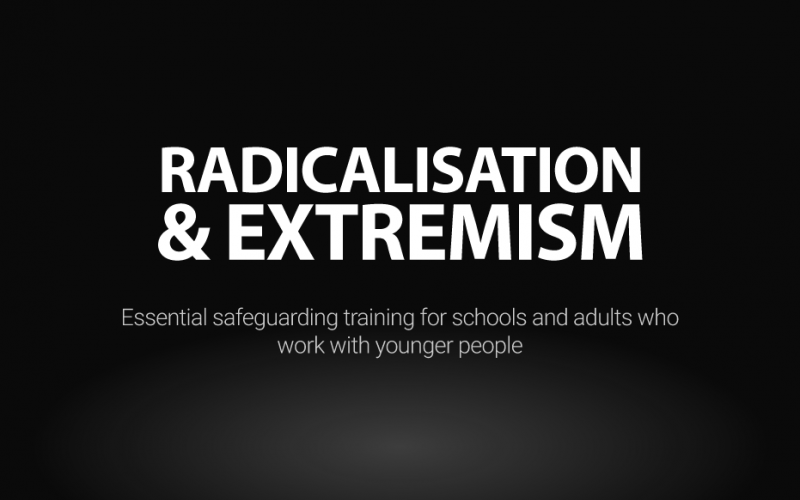
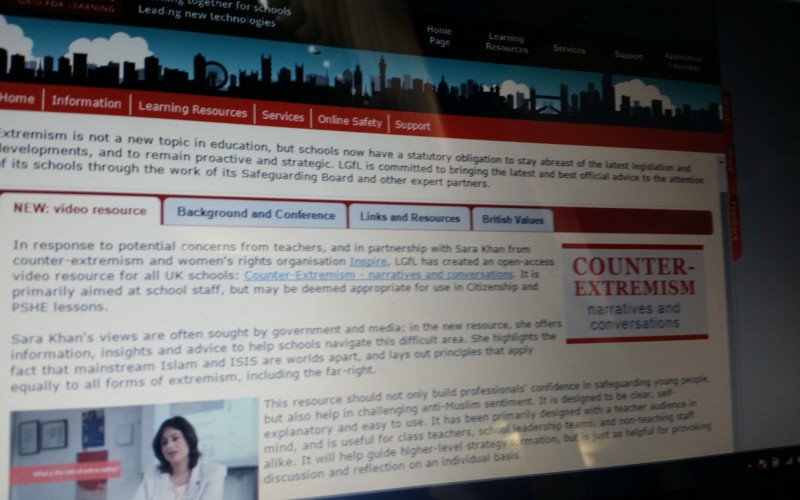
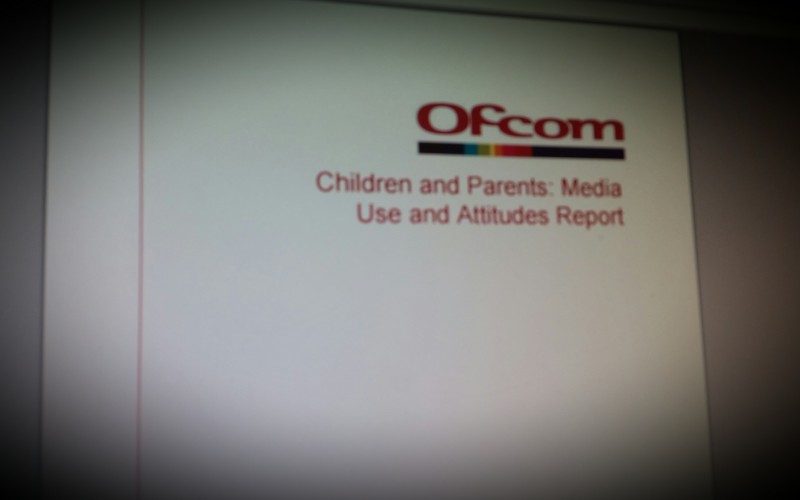
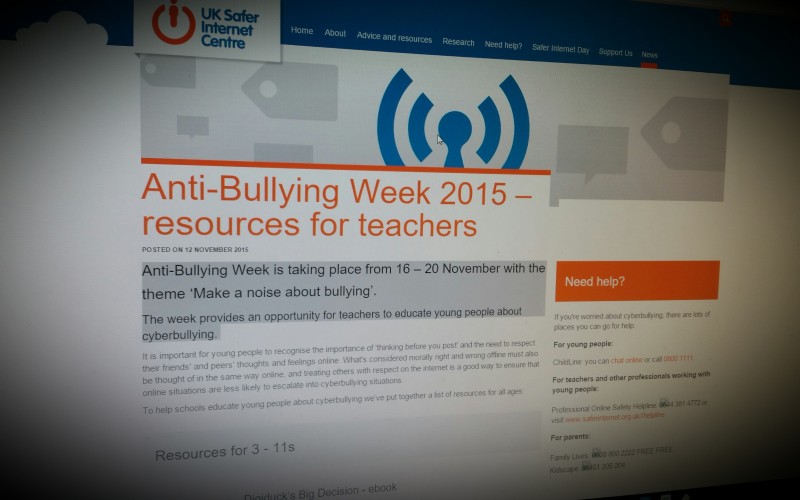
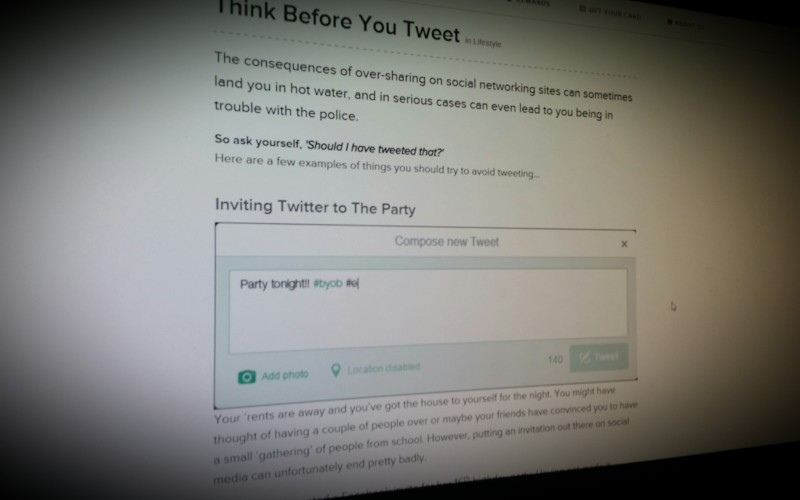
Comments
make a comment